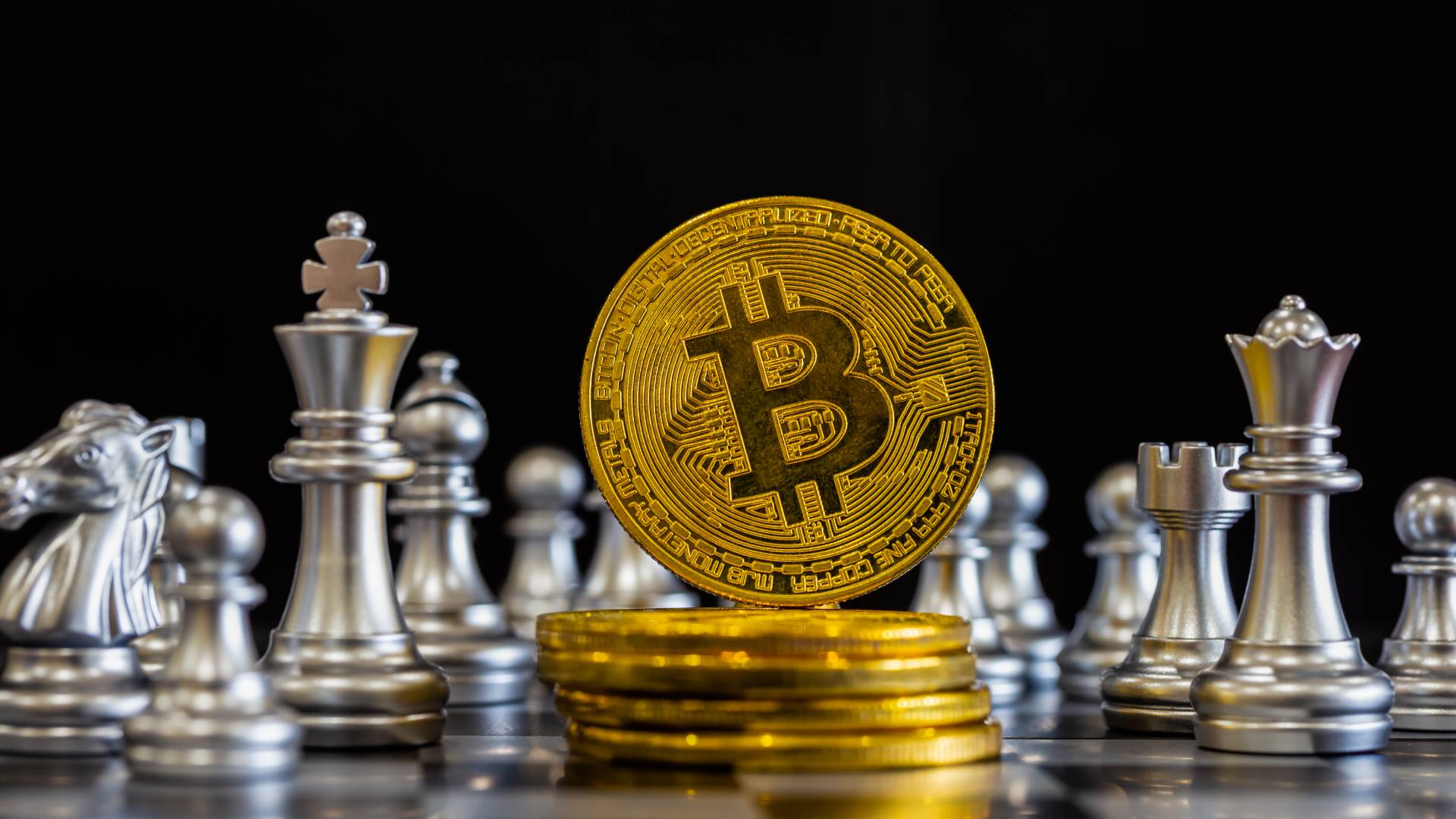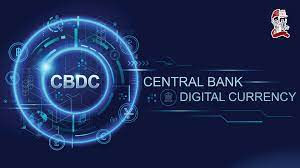ETHEREUM: AN INTRODUCTION
- Leonard Tajeu

- Jun 29, 2021
- 6 min read

Ethereum is often referred to as the second most popular cryptocurrency, after Bitcoin. But unlike Bitcoin—and most other virtual currencies—Ethereum is intended to be much more than simply a medium of exchange or a store of value. Instead, Ethereum calls itself a decentralized computing network built on blockchain technology.
How it Works
Like all cryptocurrencies, Ethereum works on the basis of a blockchain network. A blockchain is a decentralized, distributed public ledger where all transactions are verified and recorded.
It’s distributed in the sense that everyone participating in the Ethereum network holds an identical copy of this ledger, letting them see all past transactions. It’s decentralized in that the network isn’t operated or managed by any centralized entity—instead, it’s managed by all of the distributed ledger holders.
Blockchain transactions use cryptography to keep the network secure and verify transactions. People use computers to “mine,” or solve complex mathematical equations that confirm each transaction on the network and add new blocks to the blockchain that is at the heart of the system. Participants are rewarded with cryptocurrency tokens. For the Ethereum system, these tokens are called Ether (ETH).
Ether can be used to buy and sell goods and services, like Bitcoin. It’s also seen rapid gains in price over recent years, making it a de-facto speculative investment. But what’s unique about Ethereum is that users can build applications that “run” on the blockchain like software “runs” on a computer. These applications can store and transfer personal data or handle complex financial transactions.
Ether vs Ethereum
You can use Ether (ETH) as a digital currency in financial transactions, as an investment, or as a store of value. Ethereum is the blockchain network on which Ether is held and exchanged. This network offers a variety of other functions outside of ETH.
The Ethereum network can be used to store data and run decentralized applications. Rather than hosting software on a server owned and operated by Google or Amazon, where the one company controls the data, people can host applications on the Ethereum blockchain. This gives users control over their data and they have open use of the app as there’s no central authority managing everything.
Perhaps one of the most intriguing use cases involving Ether and Ethereum are self-executing contracts or so-called smart contracts. Like any other contract, two parties make an agreement about the delivery of goods or services in the future. Unlike conventional contracts, lawyers aren’t necessary: The parties code the contract on the Ethereum blockchain, and once the conditions of the contract are met, it self-executes and delivers Ether to the appropriate party.
Ethereum vs Bitcoin
Bitcoin’s primary use is as a virtual currency and store of value. Ether also works as a virtual currency and store of value, but the decentralized Ethereum network makes it possible to create and run applications, smart contracts, and other transactions on the network. Bitcoin doesn’t offer these functions. It’s only used as a currency and store of value.
Ethereum also processes transactions more quickly. New blocks are validated on the Bitcoin network once every 10 minutes while new blocks are validated on the Ethereum network once every 12 seconds. Lastly, there is no limit on the number of potential Ether tokens while Bitcoin will release no more than 21 million coins.
Buying Ethereum
You don’t buy Ethereum itself—that’s the network. Instead, you buy Ether and then use it on the Ethereum network. Given Ethereum’s popularity, it’s very easy to buy Ether:
Pick a cryptocurrency exchange: Crypto exchanges and trading platforms are used to buy and sell different cryptocurrencies. Coinbase, Binance, Paxful, and Kraken are a few of the larger exchanges.
Deposit fiat money: You’ll need to deposit cash, like dollars, in your trading platform or link your bank account or debit card to fund purchases of Ether.
Buy Ether: Once you’ve funded your account, you can use the money to purchase Ether at the current Ethereum price along with other assets. Once the coins are in your account, you could hold them, sell them or trade them for other cryptocurrencies in the future.
Use a wallet: While you could store the Ether in your trading platform’s default digital wallet, this can be a security risk. If someone hacks the exchange, they could easily steal your coins. Another option is to transfer coins you aren’t planning on selling or trading soon into another digital wallet or a cold wallet that’s not connected to the internet for safety.
Smart Contracts
Smart contracts are simply programs stored on a blockchain that run when predetermined conditions are met. They typically are used to automate the execution of an agreement so that all participants can be immediately certain of the outcome, without an intermediary’s involvement or time loss. They can also automate a workflow, triggering the next action when conditions are met.
How they Work
Smart contracts work by following simple “if/when…then…” statements that are written into code on a blockchain. A network of computers executes the actions when predetermined conditions have been met and verified. These actions could include releasing funds to the appropriate parties, registering a vehicle, sending notifications, or issuing a ticket. The blockchain is then updated when the transaction is completed. That means the transaction cannot be changed, and only parties who have been granted permission can see the results.
Let’s imagine that Samuel wants to buy Mike’s house. This agreement is formed on the Ethereum blockchain using a smart contract. This smart contract contains an agreement between Samuel and Mike.
In the simplest terms, the agreement will look like this: “WHEN Samuel pays Mike 300 Ether, THEN Samuel will receive ownership of the house”.
Once this smart contract agreement has been put into place, it cannot be changed — meaning Samuel can feel safe to pay Mike 300 Ether for the house. Without the use of a smart contract in this scenario, Mike and John would have to pay lots of fees to third-party companies. Including the bank, a lawyer, and a house broker.
SIMPLE! No more commissions and no more delays to wait for a lawyer and broker to process the agreement! This is just one of many examples of how a smart contract can be used.
Smart contracts are automatically executed once the conditions of the agreement are met. This means there is no need for a third party, like a bank, a broker, or a government. But, wait, how is this possible?
As mentioned before, we have the blockchain to thank. Because of blockchain technology, we are able to decentralize smart contracts so that they are fair and trustless. By decentralizing, I mean that they are not controlled by one central party (like a bank, broker, or government, etc.).
The blockchain is a shared database run by many computers (called 'nodes') belonging to many different people. Because of this, not one single person or company has control of it. Smart contracts can be built on multiple blockchain platforms, including Ethereum and NEO. Smart contracts are developed using Ethereum’s original coding language, called Solidity.
Potential Usage
The possibilities are endless for smart contracts. They are already being used for financial trades and services, insurance, credit authorization, legal processes, and even for crowdfunding agreements (ICOs).
For governments, smart contracts running on the blockchain can make voting systems completely trustless and much more secure. Applications like FollowMyVote use smart contracts and blockchain technology to protect votes from fraud. When the voting transaction is written to the blockchain, it cannot be changed. When the voting is over, the smart contract will send a token to an address that represents the winner of the vote. This way, voting is always fair, meaning the winner is always correct.
Businesses can also benefit massively from smart contracts. Instead of paying staff to run payrolls, they can use smart contracts. Businesses can just set up a smart contract that says WHEN a certain date reaches, the Business sends John 2 ETH. This means John will always be paid on time, and he will never be underpaid. The business benefits because it is all automated, saving them lots of time and money.
Smart contracts can make the world a better place that is free of commission. It can reduce fraud, delays, and the overall cost of many things. The best thing about having no middlemen is the fact that we save a lot of money. Not only that, but we would no longer need to trust anyone, either. There is a potential downside, too, though: people may lose their jobs. A middleman is a real person, just like you and me. Why would someone pay an employee to do a job that could be done for free by using a smart contract? They wouldn’t.
Of course, no one knows what the future holds. All we can do is guess and predict, but we must be prepared for all possible outcomes. Smart contracts can be used across industries to streamline and automate doing business down the street or around the world.



Comments